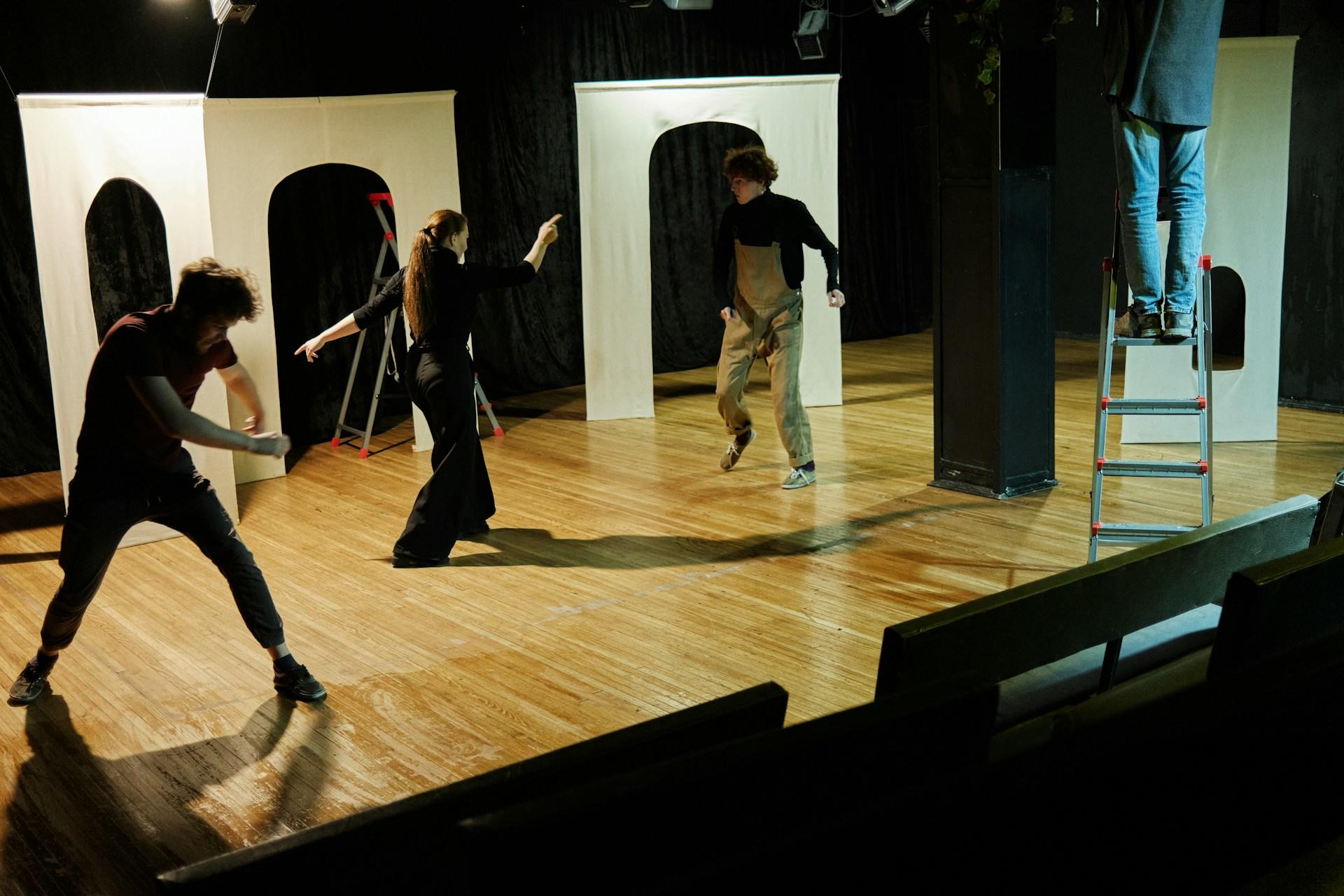New York City is known for its exciting art scene, so there’s no better place to be if you’re an acting student! The Tisch School of the Arts at NYU is a world-renowned conservatory-style educational institution for aspiring visual performers.
Not only for acting, students interested in all facets of performing arts come together to study at Tisch, creating an atmosphere that allows for networking and collaboration among talented students from different disciplines. All students at Tisch benefit from the culturally diverse and lively NYC scene, where you can find endless opportunities for experience and collaboration across the boroughs.
Here’s what makes Tisch one of the best schools for acting.

Why Choose the Tisch School of the Arts at NYU?
Founded in 1965, the School of the Arts in NYC was always meant to be a prominent conservatory-style college program focused on theater and film, with a focus on research as well as practice. It was renamed the Tisch School of the Arts in 1982 after the generous donation from Laurence A. and Preston Robert Tisch allowed the school to purchase 721 Broadway, which houses many of the school’s programs today.
Since then, Tisch has been such a successful, influential school that it now has multiple locations in NYC as well as abroad, including Tisch School of the Arts Asia in Singapore and Abu Dhabi, Shanghai, London, Prague, and more in collaboration with the NYU Global Network.
Global Recognition
Due to NYU Tisch having a long-standing tradition of producing numerous successful alumni, the school and the program have garnered international renown for talent. Beyond this, graduating from Tisch means you, too, are part of the alumni network, which consists of more than 45,000 members all over the world, working in all sorts of projects. So, you’ll likely find a fellow alumnus who can give you tips or even help you land a role on a project in the future!
Drama Studio Approach
Tisch utilizes a unique approach for incoming drama students to learn the art of acting. When a student is enrolled, they are placed into one of six possible primary studios for acting selected to suit their personality, talent, and style. For two years, the student stays in their primary studio, building their foundations.
In the third year, students can choose to attend one of the other primary studios to expand their methods, or they could attend an upper-level-only studio, or even go abroad to a program such as the Royal Academy of Dramatic Arts in London.
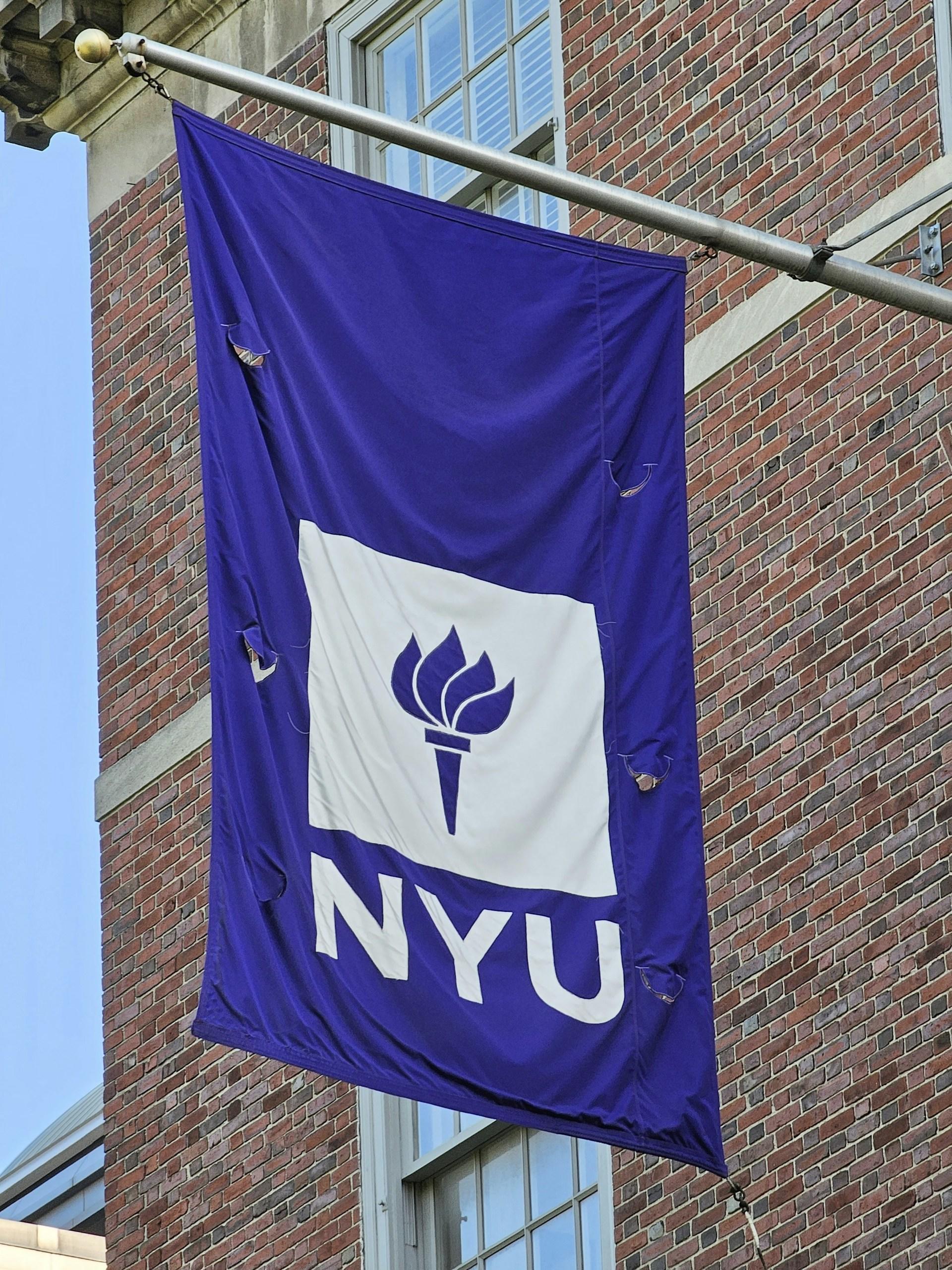
This type of approach allows students to build a strong foundation in a close-knit cohort, and instead of trying to learn many different styles at once, they can grow masterful at one and use it as a reference point for learning other methods later on.
Comprehensive Curriculum
Students in all programs earn a well-rounded degree by also completing classes in general education, theater studies, as well as a variety of electives, in addition to the core professional training classes. Included in the curriculum are internships and professional studies.
High-End Facilities
Tisch is always improving their studios and equipment so students can learn about industry standards and land on their feet after graduation.
Some of the centers on campus in NYC include:
- Martin Scorsese Institute of Global Cinematic Arts
- John A. Paulson Center, including the Iris Cantor Theatre and the African Grove Theatre
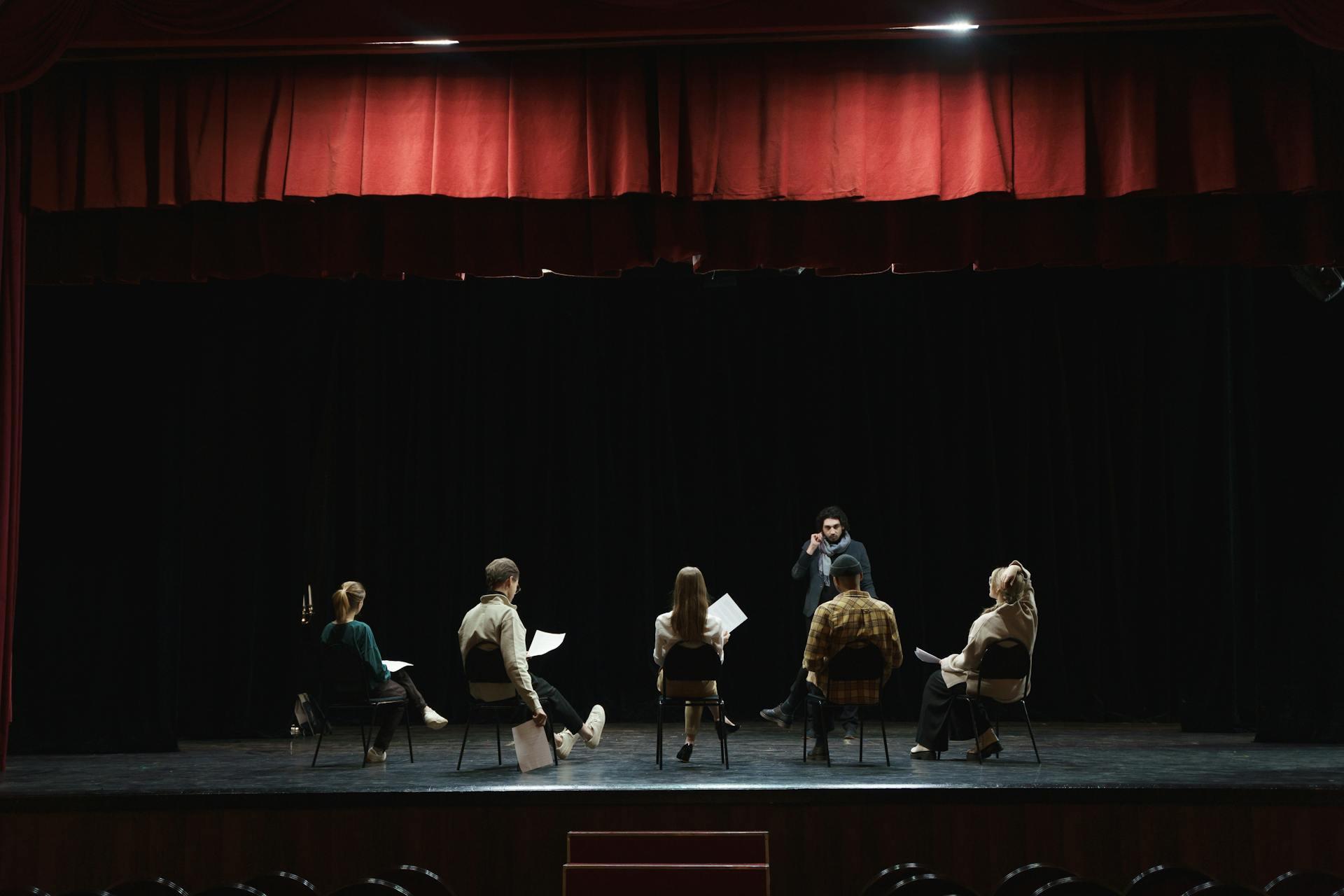
Academics and Program Structure
Tisch is a world-renowned institution where artists flock from all over to study various art forms such as: acting, dance, cinema studies, collaborative arts, design for stage and film, dramatic writing, film and television, game design, interactive media arts, interactive telecommunications, moving image archiving and preservation, musical theatre writing, performance studies, photography, public policy, and recorded music.
Drama Programs at NYU Acting School
Some colleges only offer one type of degree for their acting students. Students sometimes need to choose between a bachelor's program or a master's program.
There are two Tisch School of the Arts majors to choose from when it comes to acting and drama: the undergrad program and the graduate program.
Undergraduate Program
Tisch’s Bachelor of Fine Arts (BFA) program in drama is a rigorous four-year program that combines academic coursework with professional training. Students engage in acting classes, voice and movement training, and extensive performance opportunities. The curriculum also allows for specializations in film, television, or stage acting, preparing students for various career paths in the entertainment industry.
The BFA program consists of classes in four categories:
- Professional Training
- Theatre Studies
- General Education
- Electives
This multidisciplinary approach ensures students receive a well-rounded education in both the arts and in practical knowledge.
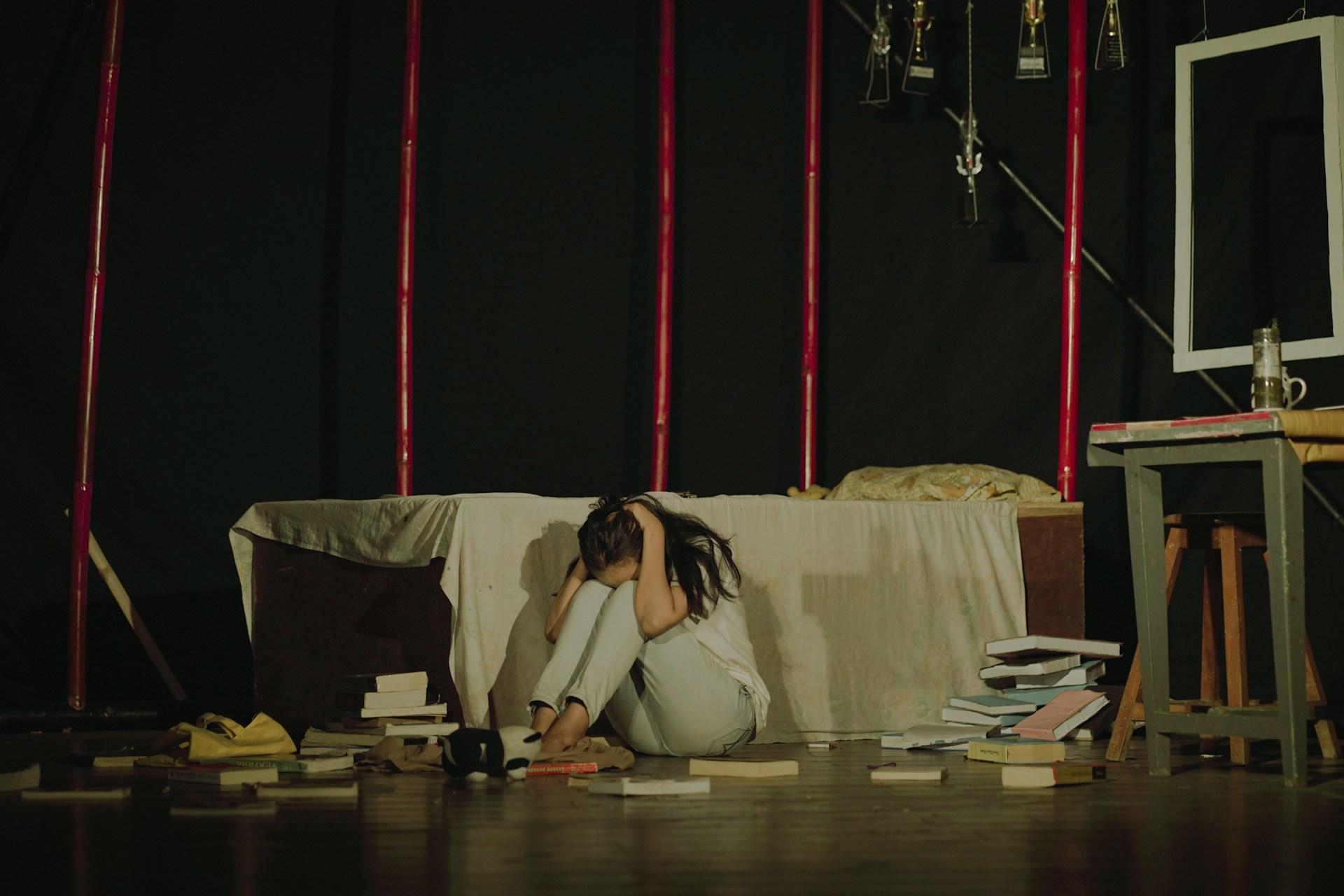
Graduate Program (Grad Acting)
The Master of Fine Arts (MFA) in acting is a competitive program designed for experienced artists looking to refine their craft. Students delve into advanced acting techniques, script analysis, and character development. The program emphasizes professional readiness, helping graduates transition seamlessly into the industry or boost their careers.
This program is not meant for inexperienced actors, though students need not have an acting career before applying. Applicants should already have a thorough knowledge of actings as well as some personal experience because the program is designed to elevate the actor’s foundations, not establish them. All applicants must have already completed an undergrad degree.
Classes for Acting Students at Tisch
Tisch’s curriculum teaches students classical and contemporary techniques to ensure a comprehensive education in the performing arts. Core classes include acting techniques, script analysis, movement, and voice training. Seasoned industry professionals bring real-world insights into the classroom as teaching faculty and guest speakers.
Here are some of the classes, pulled from the program syllabus for the Theatre BFA, that students can expect to take while learning at Tisch.
- THEA-UT 500: Intro to Theatre Studies
Students will learn about drama and theatre basic terminology, methodology, and history so they have a strong foundation of knowledge to pull on for further studies and classes. - THEA-UT 510: Intro Theatre Production
Students will learn about how shows are produced, from the architecture of the stage to the costumes, set and lighting design, theatre technology, and more. - THEA-UT 240: Meisner Summer Intensive
A six-week summer course for actors who have already completed two years of primary training. Students will learn the Meisner technique, which addresses authenticity and spontaneity. - THEA-UT 680 Immersive, Participatory, Site-Based and Multi-Sensory Theater
Explore the how and why of immersive theatre and experience a number of these performances as part of your class itinerary.
This is just a small example of the many interesting and wide-ranging classes available for Tisch drama students.
The Studio Method at Tisch
One thing that makes Tisch extremely unique is its practice of sorting students into primary drama studios for their first two years of study.
Incoming students are placed into one of six different primary studios. There are also two other primary studios, one for directing and one for production and design; those two are not on this list. The intention is to place students into groups and within studios that will nurture their innate talents. When it works well, this practice is one of the reasons why Tisch is considered the best acting school in NYC.
The six primary studios for actors are:
- New Studio on Broadway
This is the studio which focuses on musical theatre. Students will develop their core acting skills, plus vocal and singing skills, dance, and physical acting. - Atlantic Acting School
Founded in 1983 by playwright David Mamet and the actor William H. Macy (of Shameless fame), the two began teaching Mamet’s techniques, which have become known as Practical Aesthetics. This method emphasizes scene analysis, allowing different actors to make the scene and their characters shine in unique ways depending on their personal interpretation of the scene. - The Meisner Studio
This studio teaches the technique developed by Sandy Meisner. It involves learning how to externalize emotions that most of us (actors included) tend to bottle up and hide. Training involves being pushed into high emotional states and learning how to channel that into a great scene.
Acting is behaving truthfully under imaginary circumstances.
Sanford Meisner
- Experimental Theatre Wing
The ETW studio emphasizes physicality in acting. In Tisch’s own words, students learn via learning “[the] Meisner technique, Stanislavski based script analysis, modern dance, postmodern dance, viewpoints, choreography, voice and speech, extended voice, singing and creating original work.”
In short, students in this studio experience a wide array of ideas and are able to piece them together in new, interesting ways. - Lee Strasberg Theatre and Film Institute
This studio is the only one that teaches Lee Strasberg’s technique in its entirety. It, too, consists of actors delving into their deep emotions, emphasizing the mental and physical reactions that come with heightened emotional states.
The goal is to have actors deliver authenticity, not expectations. - Stella Adler Studio of Acting
The Stella Adler studio focuses more on acting as an element of the world and explores the actor’s place in society, rather than just within the entertainment world or in a performance piece. Students are generally focused on acting as an art medium with the potential to create real social change and awareness.
Students do not know which studio they will be placed in until after they have made their monetary deposit to secure their place.
After the first two years, students can choose to stay in their primary studio, switch to another one of these six studios, or switch to one of the other five studios not mentioned here.

Notable Tisch Alumni
Tisch boasts some of the greatest names in entertainment as part of their body of alumni. Here are some of the most famous alumni who attended the Tisch drama program.
- Kristen Bell
- Adam Sandler
- Alec Baldwin
- Elizabeth Olsen
- Rachel Bloom
- Philip Seymour Hoffman
- Idina Menzel
Graduating from Tisch means that you will have the benefit of these alumni’s successes adding credibility to your education and talent.
How Much Is Tuition for Drama at Tisch?
For BFA students, tuition is about $35,000 per year, not including additional costs like housing, meals, transportation, and class materials. However, many students receive scholarships from Tisch as well as from outside sources, and they may also receive grants and loans to assist with costs as well. For the MFA Grad Acting program, Tisch often provides need-based scholarships that may cover the entire cost of tuition.
How to Get Accepted at Tisch for Drama
The New York University Tisch School of the Arts acceptance rate is very low, making it an incredibly competitive school to get into. Both BFA and MFA acting students need to submit application materials and audition for a place in the school.
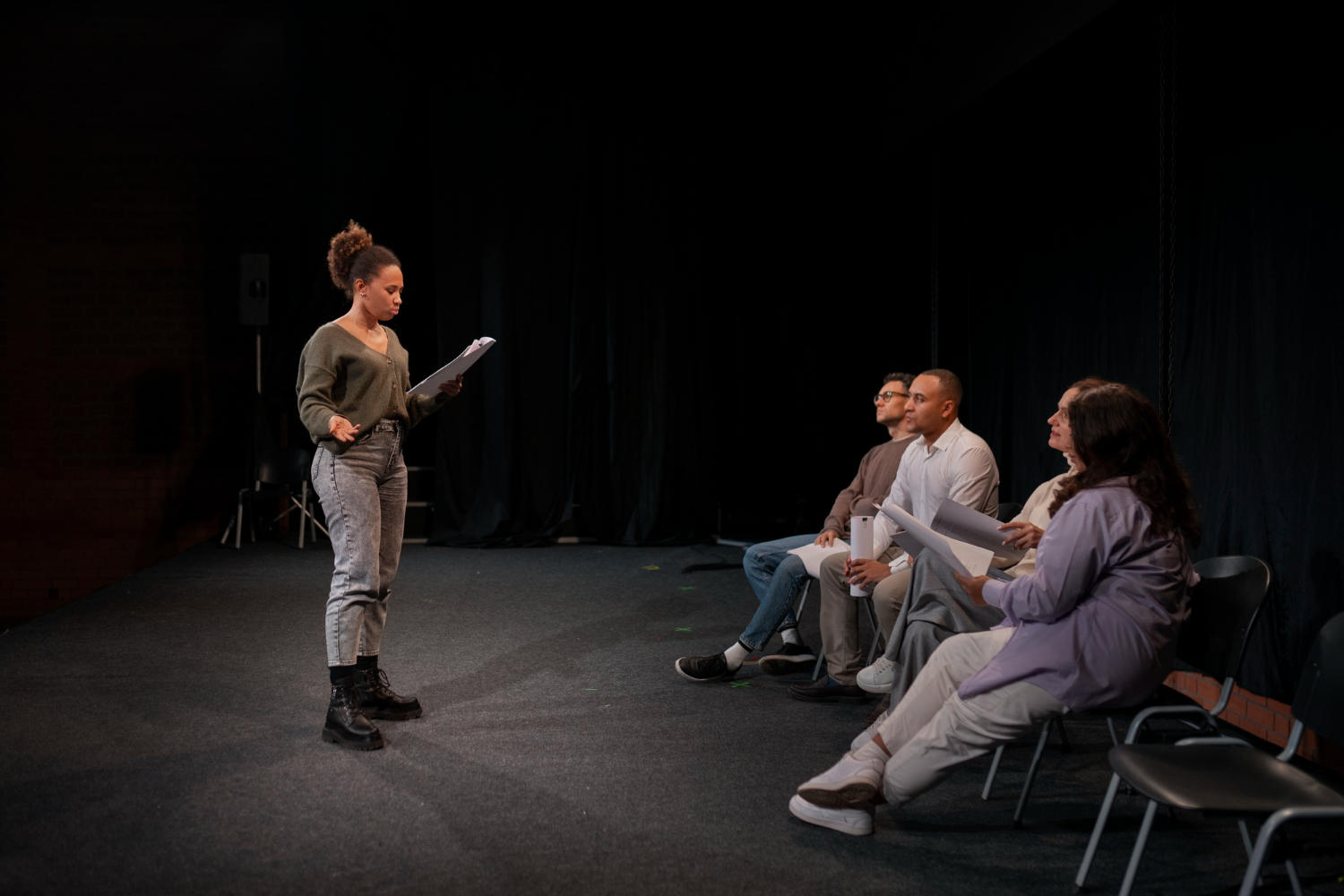
How to Apply to the BFA Program
BFA applicants must submit a Common Application for Tisch, in addition to the discipline-specific application. You must also schedule an artistic review with the Drama Artistic Review Portal.
Here is where you will upload the following:
- photo and resumé
- information about your monologues, songs, or portfolios
- answers to some basic questions
- media portfolio (e.g., required videos or portfolio material) if you are an online-only applicant
You will also need to pay the artistic review fee which is $125.
Your artistic review (read: audition) session will be about 3.5 hours long. Note that your individual audition may only be about 15 minutes, but you will need to be present at the facility for the entire duration. You may attend an in-person audition in New York City, Chicago, or Los Angeles, or opt for a digital review session if you are unable to make it to an in-person session.
For your audition, you should prepare:
- Two contrasting contemporary monologues, both under 90 seconds in length
- Print copies of your headshot photo and resumé to hand to the evaluator (if appearing in person)
- To talk about yourself, your work, and answer any questions the evaluator may have
- To ask questions about the program, the school, and anything else that pertains to acting and acting education
Tisch provides a great breakdown of the requirements in detail on their website (and offers a great word of advice at the bottom).
How to Apply to the MFA Program
MFA applicants must submit typical application requirements, like an acting resumé and a personal essay. In addition, they must submit a headshot. For the audition, applicants should prepare four monologues (two classical and two contemporary) and 16 bars of a song. Each component should be between 2 and 2.5 minutes long.
Each year, there are about 800 actors who audition for a spot in the MFA program, but only 16 are selected. This means you need to write a very convincing personal essay about your character (your real-life character, that is), your hopes and dreams, your passion for the art, and your dedication to success. You must also prepare your audition very well, memorizing everything perfectly for the scene you want to convey to the Admissions Panel and making your mark on every word you speak in front of them.
How to Stand Out at Your Tisch Audition
According to Robert Hoyt, director of admissions and recruitment for NYU Tisch’s Department of Drama, the evaluators for Tisch have a very simple goal in mind when taking auditions.
At Tisch Drama, we’re looking for passionate, creative, thinking artists who have the desire to ask questions and find answers, tell stories, and engage with all kinds of collaborators—creatively, intellectually, and professionally.
Robert Hoyt
Convey your passion, your creativity, and your intellect in your monologues and interview, and you will leave a lasting impression.
You can prepare for your auditions with the help of a professional acting coach on Superprof. Take in-person or online acting classes with experienced acting tutors who can help you perfect your monologues and more so you can enter your audition with confidence!
Summarize with AI:

